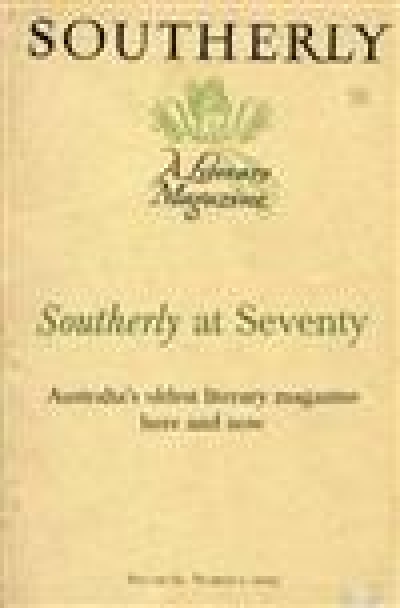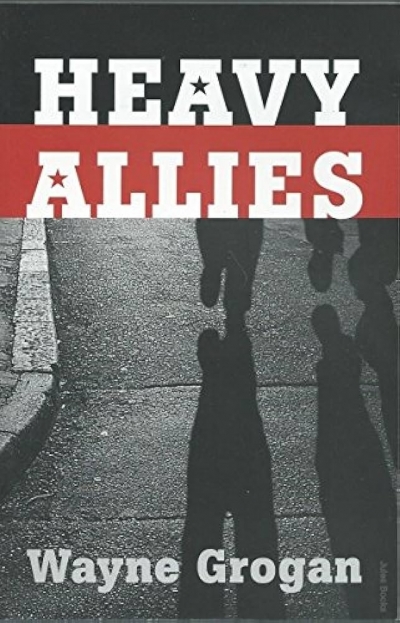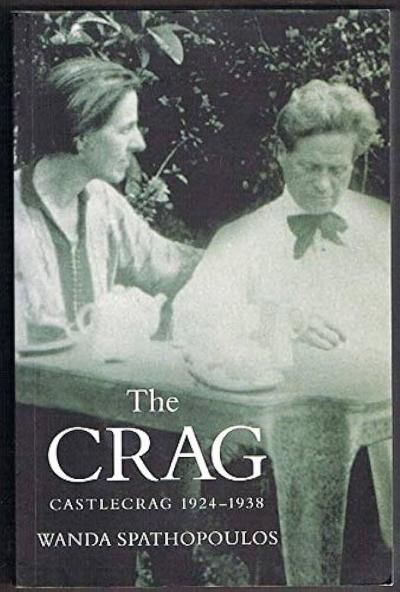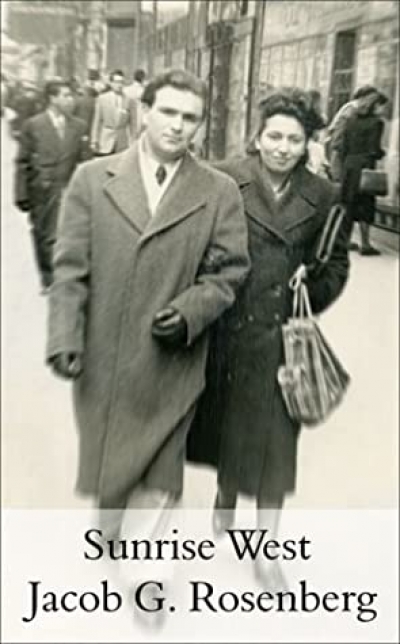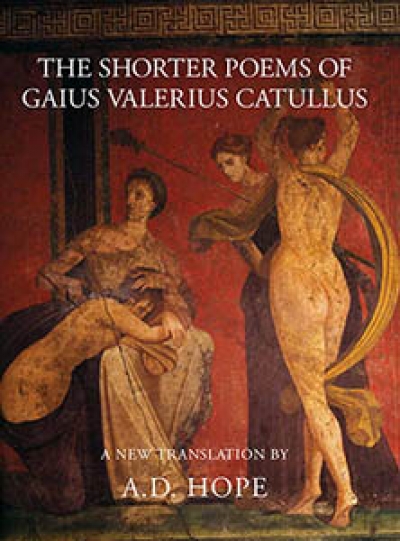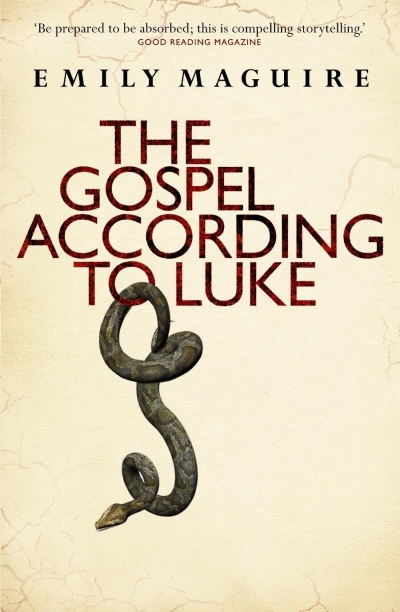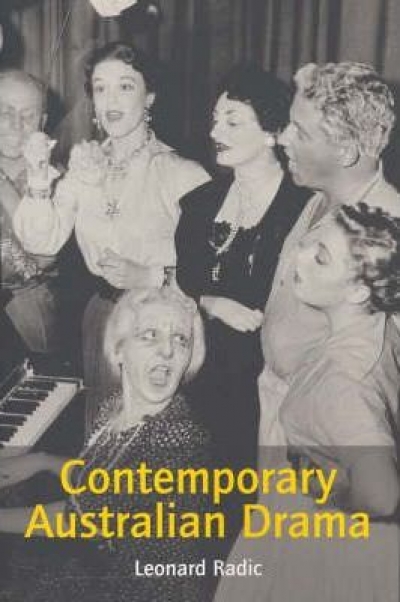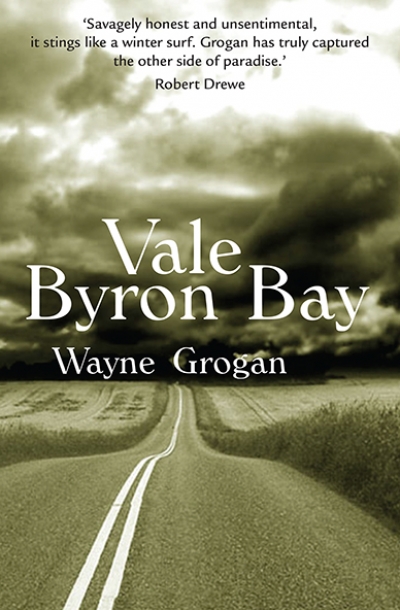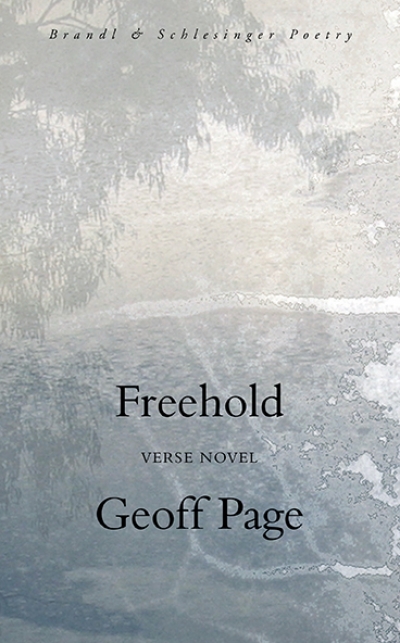Brandl & Schlesinger
Southerly, Vol. 69, No. 2: Southerly At Seventy edited by David Brooks and Elizabeth McMahon
by Jeffrey Poacher •
Antipodes, vol. 21, no. 1, 2007 edited by Nicholas Birns & Southerly, vol. 67, no. 1-2, 2007 edited by David Brooks and Noel Rowe
by Ian Templeman •
The Shorter Poems of Gaius Valerius Catullus by Gaius Valerius Catullus, translated by A.D. Hope
by David Brooks •
The Gospel According To Luke by Emily Maguire & Rosie Little’s Cautionary Tales For Girls by Danielle Wood
by Louise Swinn •
Vale Byron Bay by Wayne Grogan & Tuvalu by Andrew O’Connor
by Owen Richardson •

